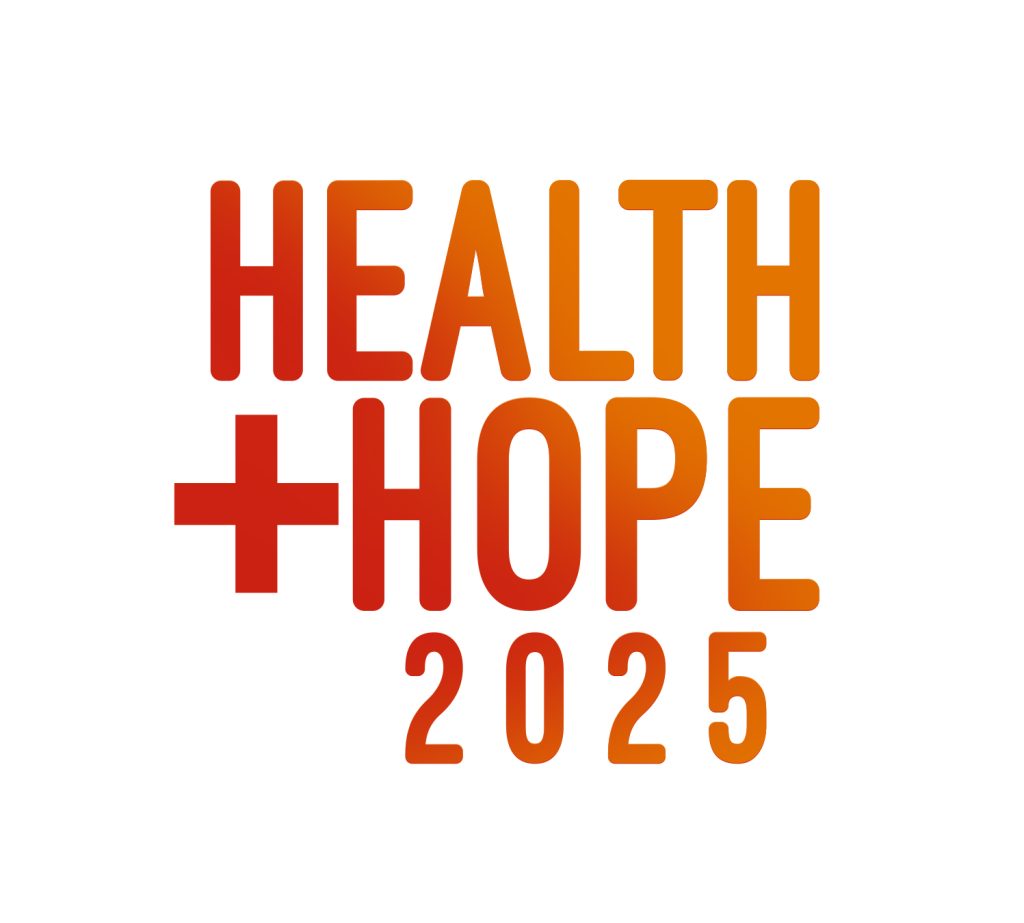Pharmacare is a triple win: Canadian Health Coalition chair Pauline Worsfold, RN
Canadian Health Coalition chair Pauline Worsfold says a national pharmacare plan would be a triple win for provinces, governments and patients.
“People are suffering. They can’t go without their medications and it’s leading to early deaths on an annual basis,” Worsfold told Global News on December 23.
The frontline registered nurse from Edmonton was one of several experts interviewed by Global News on the urgency of a pharmacare plan in Canada as COVID-19 and respiratory syncytial virus (RSV) infections contribute to a higher demand for prescription drugs.
Worsfold pointed to the dire choices facing people who cannot afford their medication.
According to a 2021 survey by Statistics Canada, almost one in ten Canadians prescribed medication in the past year reported delaying filling or skipping doses because of costs. More than one fifth reported not having insurance to cover the costs of their prescriptions in the previous year.
“They only get half of the efficacy if they only take half of the dose,” Worsfold told Global.
The Trudeau Liberals promised a universal pharmacare plan during the 2019 election campaign while the Liberal-NDP Confidence and Supply Agreement commits Canada to implementing universal pharmacare by 2023.
As people across the country struggled with soaring costs of living, pharmacare advocates, including the Canadian Health Coalition and the Council of Canadians, are calling for accelerated progress on pharmacare legislation.
Story continues below

Marc-André Gagnon, a public policy professor at Carleton University, told Global in the same story that the missing piece to Canada’s publicly funded health-care system is pharmacare, which is important for everyone who lost their job and their drug coverage during COVID-19.
Global also interviewed 24-year-old Shayla Hele who lives with Type 1 diabetes. For Hele, universal pharmacare would mean she would not have to worry about paying for insulin when she turns 25 and is no longer covered by the Ontario Health Insurance Plan (OHIP) and the workplace benefits of her parents.
Canada remains the only country with a universal public health care system that does not include coverage of prescription medication.
The 2019 Advisory Council on the Implementation of National Pharmacare led by former Ontario Health Minister Dr. Eric Hoskins recommended a universal public pharmacare program be put into place between 2022 and 2027 at a cost of $15.3 billion a year.
Before the Hoskins’ report, other government commissioned reports recommended universal public pharmacare in Canada, notably the Final Report of the Royal Commission on Health Services by Emmett Hall in 1964 and the Building on values: the future of health care in Canada report by Roy Romanow in 2002.
While Conservative leader Pierre Poilievre and the pharmaceuticals industry say Canada cannot afford a universal pharmacare plan, the Hoskins report provides evidence of universal pharmacare slashing Canada’s annual spending on prescription drugs by $5 billion while saving the average family in Canada about $350 each year.
The Canadian Health Coalition’s Pauline Worsfold encouraged the current government to move on a universal pharmacare plan, telling Global News it would be a great legacy for the government that finally takes action.
Support the Canadian Health Coalition
Tracy Glynn is the National Director of Projects and Operations for the Canadian Health Coalition


